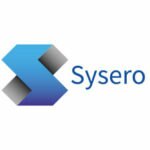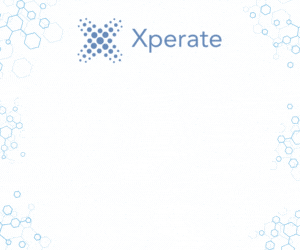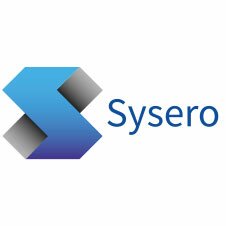Sysero: Workflow automation – The answer to exceeding client expectations
Within the last two years, the legal profession has evolved at a rapid pace, bringing a new era of legal transformation. The rise in and sophistication of legal technology solutions has helped facilitate the transition to hybrid work for many firms, fueled in part due to the changing expectations of lawyers. At the same time, the increased mobility of firms brings new security challenges and elevated client expectations.
Law firms aren’t the only organisations evolving toward more agile working practices. As legal clients have also adopted remote working, they’ve grown accustomed to more flexible ways of working with their lawyers. In fact, according to the recent Legal Trends Report, nearly 80% of clients see the ability to work remotely with a lawyer as an important factor in selecting one.
As the legal landscape continues to evolve, firms must adopt the right technology to drive innovation in working practices to meet (and even exceed) client expectations.
Clients Demand More Flexible Working Practices
Organisations across the UK have adopted remote or hybrid working arrangements, with half of British workers still working remotely at least some of the time. This rise in flexible working is shifting client expectations and provides a unique opportunity for firms to rethink the legal delivery model.
While innovative digital technologies such as e-signing or client self-service portals may have provided a significant competitive advantage in the past, these client-centric technologies are becoming a standard practice in the modern firm in order to meet client demands. Firms that fail to recognise this shift to digitally-enabled client service delivery will have a distinct disadvantage when it comes to winning and retaining clients.
Digital Solutions Build for a Hybrid World
With fewer lawyers and clients working from the office, more firms are turning to cloud-based solutions to foster productivity, collaboration, and on-demand service delivery. Cloud-based workflow automation tools like Sysero enable firms to provide remote-based lawyers and staff with easy and secure access to business-critical processes, such as contract management, client intake, and document generation. The processes are centrally managed and feature built-in expertise and compliance best practices to ensure data security and consistent quality.
Deliver Expedited and Higher Quality Services
In an increasingly competitive market, superior client service can be a key differentiator for law firms – and the firms outpacing the competition are the ones embracing digital technologies. In fact, according to the Legal Trends Report, firms that continue to see annual revenue increases are 41% more likely to use client portals and 46% more likely to use client intake solutions.
By using workflow automation to streamline key business processes like client intake, firms can more quickly onboard new clients, stay compliant, and start advising clients sooner. Take for example, Wikborg Rein’s digital client intake solution, which provides users with an intuitive, adjusted web interface where they can quickly register new clients and cases, ensure the necessary information is captured, and verify client data in accordance with current regulations.
The digitised client intake solution also gives Wikborg Rein a competitive edge by demonstrating their tech-driven approach to business and dedication to digital transformation.
Protect Client Data
With cybersecurity concerns on the rise, clients also expect their firms to take the necessary precautions to protect their data. It also goes without saying that the failure to secure sensitive client information could put the professional reputation of any law firm at risk.
Fortunately, workflow automation solutions like Sysero can help keep client data safe by enforcing data protection policies and embedding compliance best practices into everyday processes. For example, Sysero’s workflow automation tools can be configured to immediately encrypt client data as it’s entered into a contact form or document field. This data can then be pseudonymized to further safeguard data and mitigate risk in case of a data breach.
As the aftereffects of the pandemic continue to reshape the legal industry, today’s firms must embrace new technologies and processes to evolve with the times. Client expectations will continue to shift, and the firms that have agile, technology-driven solutions in place will be better positioned to meet the evolving needs of the modern client.



